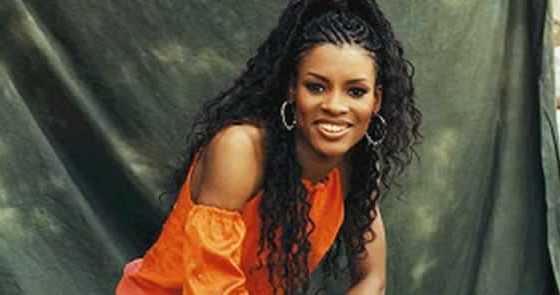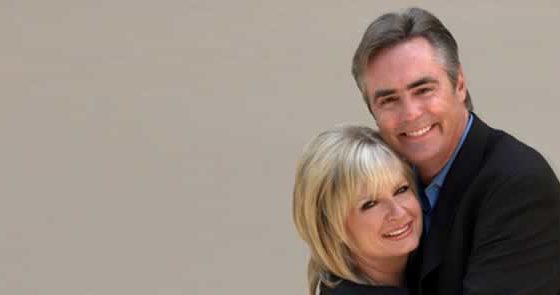When couples get married they are sometimes described as newlyweds wearing rose-colored glasses. They only expect the “better” part of being in a marriage relationship, leaving the “worse” part to others. The rosiness blurs the lines between what might bring conflict, with a light-hearted outlook that says, “It’s all good!”
But that wasn’t all together true when Chuck and I got married. After all, when he met me, I was taking care of my mother — a recovering alcoholic. Mom and I were attending therapy to deal with the issues of loss and abandonment that wrecked havoc for over 20 years. Our mutual outbursts would rock the ceiling over Chuck’s usual calm world. He looked on awestruck when my Irish-Italian temper took hold for all it was worth.
Even after seeing the “worse,” he still said “It’s all good!”
What was he thinking? Even at our wedding dinner, the best man — my husband’s younger brother — toasted us this way; “You know that Chuck has a deep trust in God, because they haven’t even known each other a year yet — and they’re getting married!” I overheard Chuck tell friends that, “If it wasn’t for God” he wouldn’t be headed down any aisle anytime soon!
I knew he was getting the “worse” part of the deal up front. The issues I faced as a youngster had become deeply rooted in my heart. I was hurting, grieving, and afraid.
My family was part of a larger second generation clan that settled in Michigan to work in the auto industry. Dad joined the line while Mom stayed home, cooking his favorite Italian meals. Two boys and two girls later, we moved into a nice suburban city adjoining the factories of Detroit. Heck, we even had a dog.
It was amazing how fast things unravelled. Trouble brewed in my parent’s relationship, where alcohol played its part. My sister became ill, and died suddenly during surgery. Then, just two years later, my Dad died even more suddenly of a massive heart attack. With her heart in her throat, my mom desperately drank to drown out the sorrow.
This was the sad and rather harsh foundation of my childhood. The row of schools, caring relatives, and friends of family did their part to move me forward year by year. I made it through high school, got a job and eventually brought Mom to live with me to repair what was left of our family. My walls were tough and tall. I suspected everyone, for whatever reason, and hardly even knew it.
Chuck walked bravely into our home one night — the better half of a blind date. We had a great time, laughed a lot, and even managed a few hugs through the not-long-enough evening. He somehow kept those blinders on as we got to know each other better, when my sorrow and skepticism were revealed.
After we were married, I tested Chuck relentlessly. I had that internal drive to push him away before he left of his own accord. I dreamed regularly that he did leave, and it was the overwhelming sadness that woke me early on those mornings. When we fought, angry words were followed by, “Why don’t you just leave?” He would always reply, “I’m NOT leaving!” After a while I started to believe him.
In working with couples, Chuck talks about a strategy called “act as if” – a Divorce Busting® term coined by author Michele Weiner-Davis. “Act as if” suggests we usually get what we expect, and that if you want something different, “act as if” you already have it, and you begin to look for a different outcome. Your attitude often changes, and you are able to effect your relationship in a more positive way.
I realized recently that the healing I experienced through Chuck’s steadfast love was a result of him “acting as if” I would trust him. He believed I could feel safe, that I could be content, and that I could believe that I am loved. He saw me as someone who could be safe and free, when I could not see that for myself.
As time wore on my trust level rose, I learned to be less cynical. I took steps to build deeper relationships, and to fight without the fear of abandonment. I learned that I can let go of my past and not hold everyone in my life accountable for what happened a long time ago.
Sometimes in marriage we are asked to be part of our spouse’s healing process. To hope for them more than they dare to hope, to believe in their dreams and abilities when they have faced failure, to embrace their hurting heart with unwavering tenderness — to care for their soul.
That is what a marriage can do. And it’s all good.
Copyright © 2007 by Jan Fallon. Used with permission.












